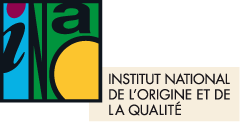International protection
To carry out its international protection activities, INAO relies in particular on professionals and interprofessions, an international network of 50 lawyers, and the French diplomatic network, notably embassies. The institute intervenes all over the world for amicable, administrative or legal actions.
The international framework
Multilateral conventions on intellectual property rights
The legal bases for ensuring GI protection internationally are based in particular on multilateral conventions.
Since 1958, the Lisbon Agreement has protected appellations of origin, thanks to an international register.
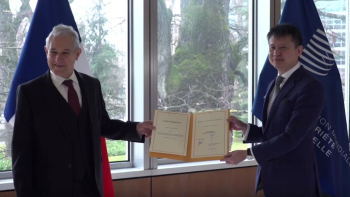
Adopted in 2015 by the World Intellectual Property Organization (WIPO, an organization attached to the UN), the Geneva Act extended this protection to all geographical indications. This convention represents an unprecedented opportunity for the development of a global system for the registration of appellations and geographical indications, with a level of protection against name usurpation in adhering third countries similar to that enjoyed by PDOs and PGIs at European level. This avoids the need for a costly strategy of registering GIs in the national registers of third countries, in order to combat illicit appropriation of GIs. The European Union acceded to the Geneva Act on November 26, 2019. France is the first member state to ratify this act, on January 21, 2021.
Bilateral agreements between the EU and third countries
Trade agreements are negotiated between the European Union and certain third countries. These agreements generally include a legal component ensuring the reciprocal protection of the geographical indications of the various parties involved. They have multiplied in recent years.
The recognition of the geographical indication concept by the greatest number of people ensures an effective fight against usurpations of all kinds. Thus, the international cooperation actions carried out by the INAO aim in particular to define common bases of understanding with regard to geographical indications and their protection.
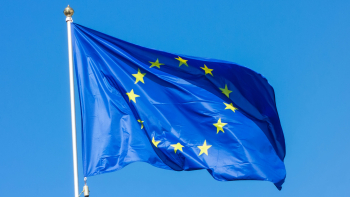
The INAO participates, alongside the Ministry of Agriculture and the Treasury Department of the Ministry of the Economy, in the negotiations of bilateral agreements between the EU and third countries (CETA, Mercosur, agreement with China, etc.). Within this framework, INAO provides opinions:
- on the draft text of the agreement: level of protection envisaged, implementation measures...
- on the draft list of geographical indications: from global lists to restricted lists
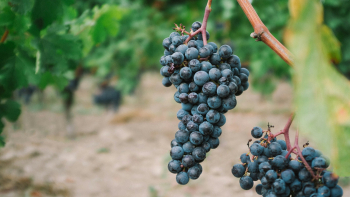
INAO interventions
In order to carry out its international protection actions, INAO relies in particular on professionals and interprofessions, on an international network of 50 lawyers, and on the French diplomatic network, notably embassies. The institute intervenes all over the world for amicable, administrative or legal actions.
INAO has set up a monitoring system to detect the registration of trademarks abroad. The tool alerts our departments to trademark filings incorporating or evoking a denomination, indicating all information relating to the trademark concerned: name and address of the applicant, legal representative, possible opposition deadline, class(es) targeted...).
The INAO makes an assessment. If a denomination is found to have been infringed, INAO will oppose the trademark by referring it to its lawyers in the countries concerned. If this opposition is unsuccessful, the institute may have to pursue its contentious action before the courts.
Sometimes, upstream, a simple formal notice is enough to have the trademark withdrawn or the product class wording changed.
The defense and management organizations are involved in this work. In particular, their mission is to participate in actions to defend and protect the name, product and terroir, to promote the product and to provide statistical information on the sector, in accordance with the French Rural and Maritime Fishing Code. This mission is expressed through a principle of co-financing.
Embassies can also be called upon, as their location enables direct action with the national authorities of the countries concerned.
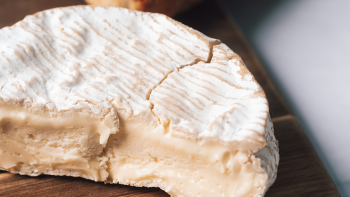
In figures (2024)
173 cases opened internationally
- Europe: 70 cases
- Asia: 31 cases
- Africa: 9 folders
- North America: 25 folders
- South America: 33 folders
- Oceania: 5 folders
